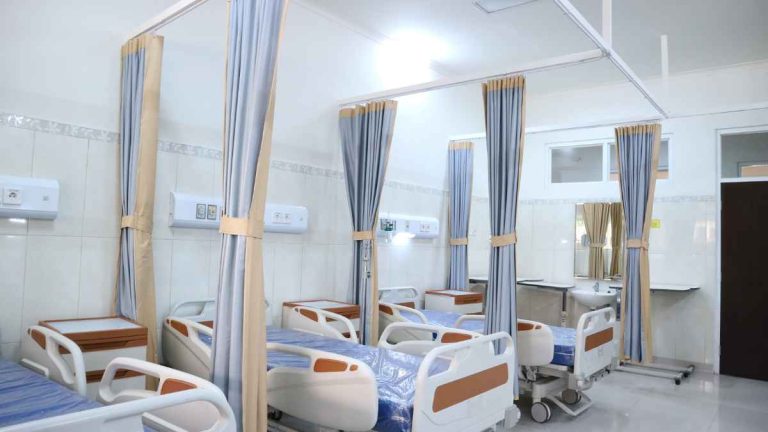Cisco has embarked on an innovative collaboration with the University of Galway and the CÚRAM SFI Research Centre for Medical Devices to establish a framework for virtual hospitals in Ireland. This initiative aligns with Ireland’s ambitious 10-year health and social care reform programme, Sláintecare, aiming to reduce unnecessary hospital admissions and enhance patient care at home.
The pilot project is designed to support hundreds of patients within the Galway region who are managing chronic conditions, including diabetes, chronic obstructive pulmonary disease (COPD), heart failure, and atrial fibrillation. By leveraging advanced technologies, the framework seeks to alleviate the workload of healthcare professionals while simultaneously minimising operational costs for healthcare facilities.
Professor Derek O’Keeffe, the principal investigator for the project and a professor of medical device technology at the University of Galway, commented on the significance of the initiative. He stated, “This research project offers an innovative virtual solution to a real global healthcare problem. It will explore new ways of providing care to our patients using next-generation technology and new clinical pathways to improve health and economic outcomes.”
The collaborative effort incorporates various clinical areas and treatment stages, focusing on community virtual care pathways that facilitate enhanced monitoring of chronic illnesses. Professor Abhay Pandit, director of CÚRAM, noted that this project represents one of the largest industry collaborations supported by the centre to date. He added, “It is an excellent example of the impact that collaborations between CÚRAM and industry can have on local communities and society at large.”
At the heart of the virtual hospital’s digital framework is Cisco’s robust networking infrastructure. The myPatientSpace and patientMpower mobile health applications will empower patients to track key health metrics and monitor their symptoms from the comfort of their homes. Clinicians will have access to real-time dashboards that provide insights into patients’ conditions, enabling early detection of any deterioration and timely intervention.
Brian Jordan, Cisco’s country digital acceleration lead in Ireland, emphasised the importance of digital technology in the future of healthcare. “Digital technology is critical to the future of healthcare and is capable of extending care well beyond hospital walls, right into patients’ homes and the heart of their local community,” he stated. “Cisco is proud to be supporting this ground-breaking 360° care delivery model that aims to streamline processes, alleviate staff workload, and reduce financial pressures on public healthcare services.”
The University of Galway’s HIVE Lab has been instrumental in developing digital care solutions for local patients, utilising Cisco technologies, including integrated virtual consultations via Webex. Researchers have created smartphone-based applications that employ AI-enabled cameras to monitor patients’ rehabilitation exercises, ensuring they perform them correctly for a quicker recovery post-surgery.
Furthermore, the initiative harnesses AI technology for dynamic appointment scheduling, automatically triaging patients with chronic diseases to suitable outpatient clinic slots based on their clinical needs.
Since the project’s initial setup, approximately 350 ‘bed days’ have been saved as patients have successfully managed their conditions at home through the COPD virtual care pathway. Looking ahead, the initiative is poised to benefit hundreds of patients across various virtual care pathways, with plans to roll out virtual outpatient clinics in 2025.
This pioneering effort exemplifies how technology can transform healthcare delivery in Ireland, promising improved patient outcomes and a more efficient healthcare system.


